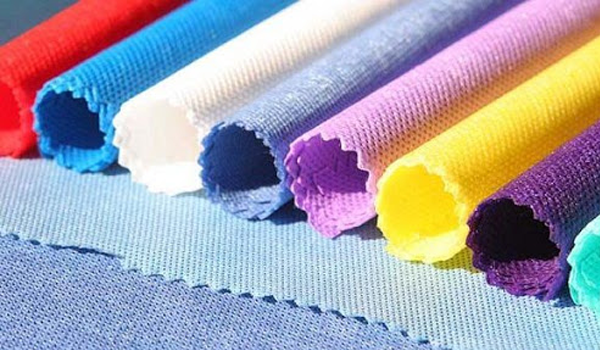When choosing a non-woven fabric supplier, consider a company’s certifications, product quality, and cost. You’ll also want to look for companies that are biodegradable, Eco-friendly, and versatile. Here are some companies to consider when making your decision: Hangzhou Nbond Nonwovens Co., Ltd., founded in 2000, is a top-notch Chinese manufacturer. With an annual production capacity of 12000 tons, Nbond offers a wide range of quality non-woven fabrics. This company has a number of certifications for their products, and their unit prices range from $1.50 to $8.50. Its nonwoven fabrics have been exported to almost every continent on the globe.
Biodegradable
Biodegradable non woven fabric manufacturer offer a wide variety of options to customers. These eco-friendly fabrics are usually composed of short fibers with a density of 10 to 40 grams per square meter. They can be used for a variety of purposes, including packaging and household supplies. These fabrics are biodegradable and have high tensile strength.
One option for a sustainable and biodegradable non-woven fabric is PLA corn fiber. This material is made from 100% PLA (polylactic acid) and is packaged in rolls of 100 to 1,000 meters. Moreover, it is biodegradable and recyclable. In addition, it is available in soft and regular varieties, so it can be easily customized for a variety of uses.
A good quality biodegradable non-woven fabric should contain at least 20 percent of PCL fibers by weight. Anything lower than this will be undesirable. Moreover, a non-biodegradable fabric with a low degradability rate will not decompose completely in the earth.
Durable
Durable nonwoven fabrics can be used in a variety of applications. These materials are commonly used for household goods and home furnishings, including towels, mattress padding, tablecloths, and blankets. They can also be used as apparel linings and reinforcements. In addition, these fabrics have a number of industrial uses, including filtering, insulation, and packing materials. They are also used in construction and in agricultural products, such as roadbed stabilization sheeting and roofing products.
There are many manufacturers of nonwoven fabrics. Some of them are global players, such as the Kimberly-Clark Corporation, which produces hundreds of thousands of tons of nonwoven fabric. Although much of the company’s nonwovens are consumed internally, it also markets them in the construction, filtration, and acoustics industries. Other leading nonwoven fabric manufacturers include DuPont and TWE Group.
Nonwoven products are engineered fabrics made from fibres. They can be very thin or very thick, depending on the application. Nonwovens have several qualities, such as being liquid repellent and strong, which make them a desirable choice for many applications. Nonwoven fabrics are commonly used in consumer and industrial applications and can provide superior performance.
Eco-friendly
Non-woven fabric is a versatile material that offers many benefits. It is lightweight, resistant to abrasion, and has good chemical and physical properties. It is also highly durable, and is reusable for many applications. It is used in clothing and other fashion items, and is often considered an eco-friendly option.
As a material, nonwovens are a popular alternative to traditional woven fabrics, which can be costly and environmentally damaging. Nonwovens are becoming a major part of the manufacturing process in general, and are a significant part of the sustainability movement. This is partly because of the nonwoven industry’s long-term leadership in creating sustainable products, but a growing body of government regulation has compelled many nonwoven manufacturers to make changes.

